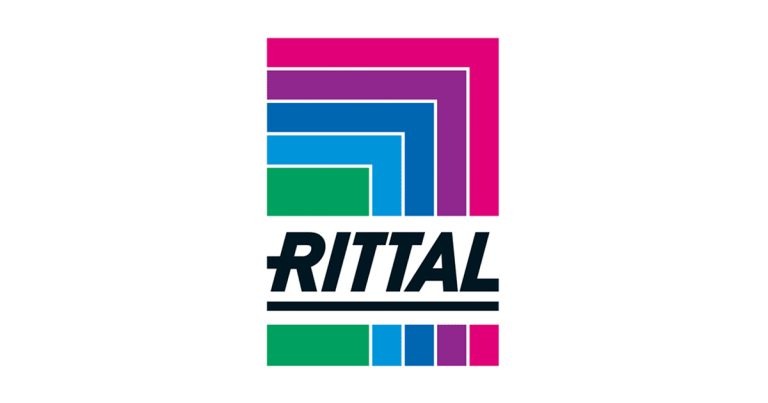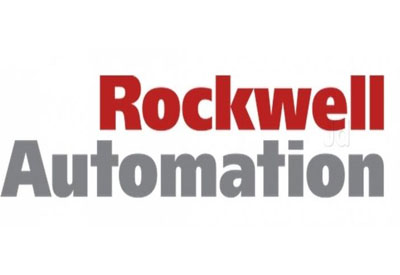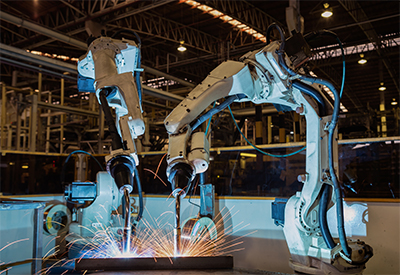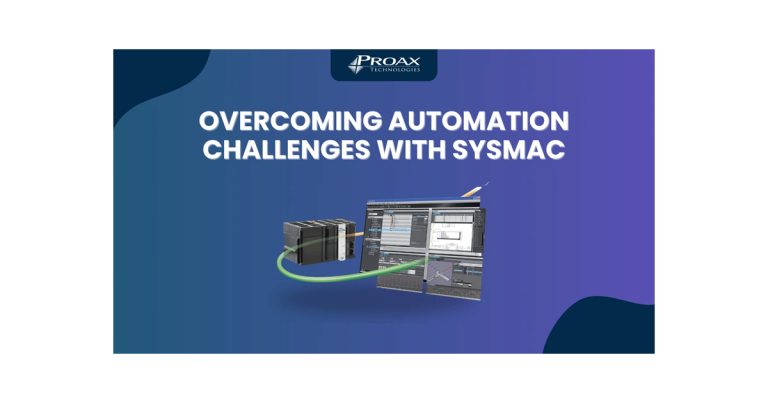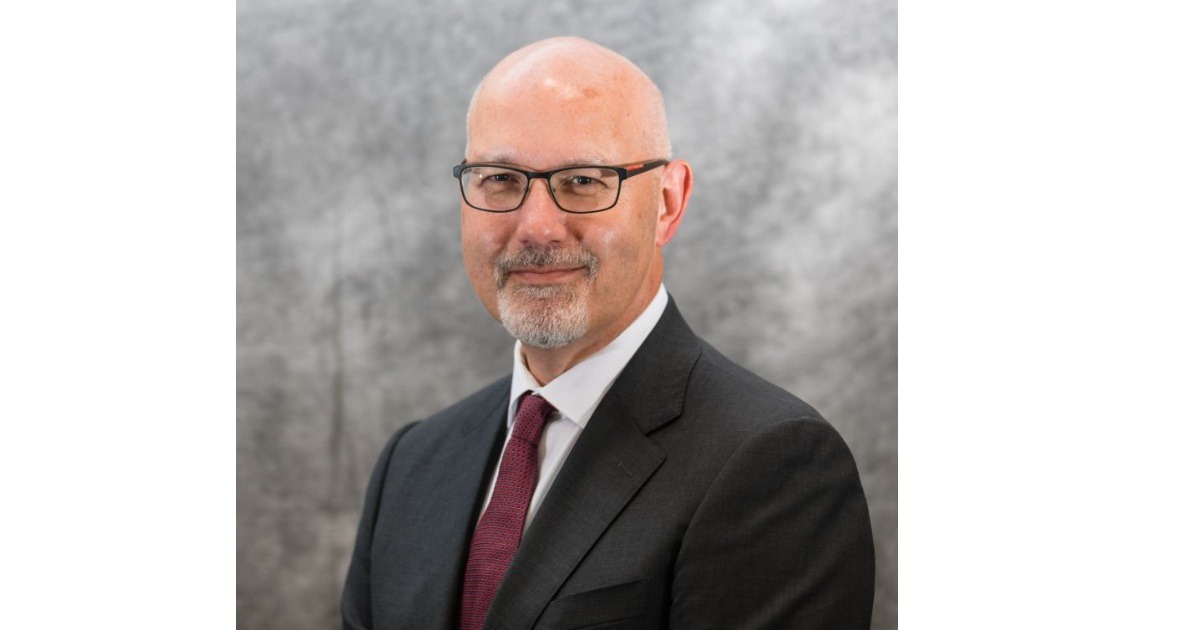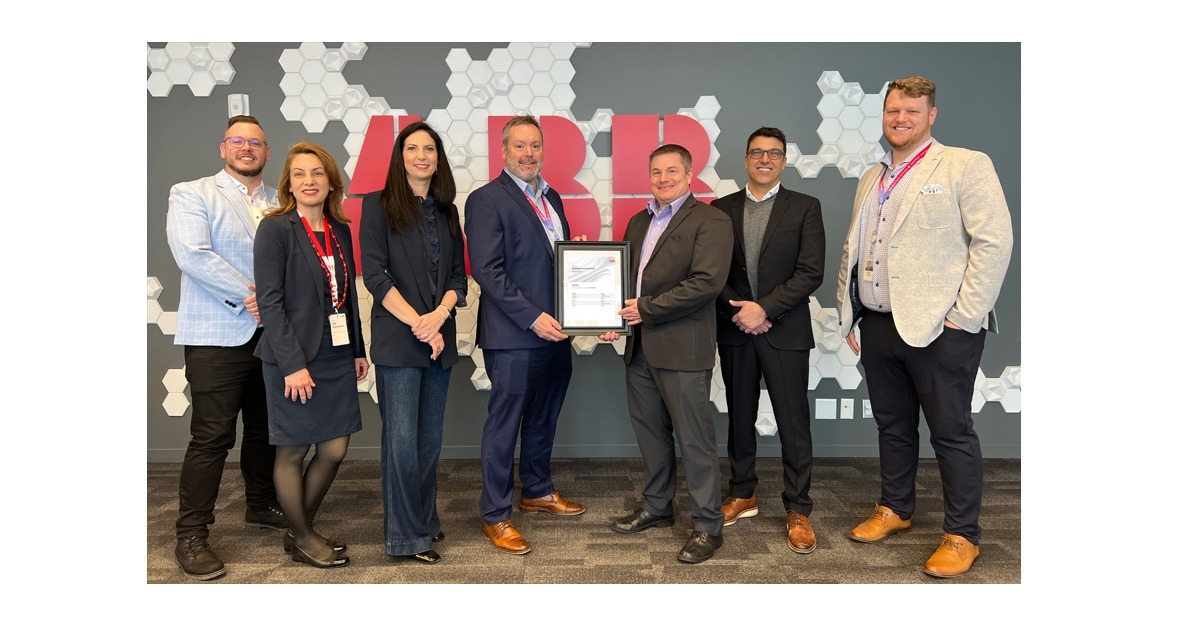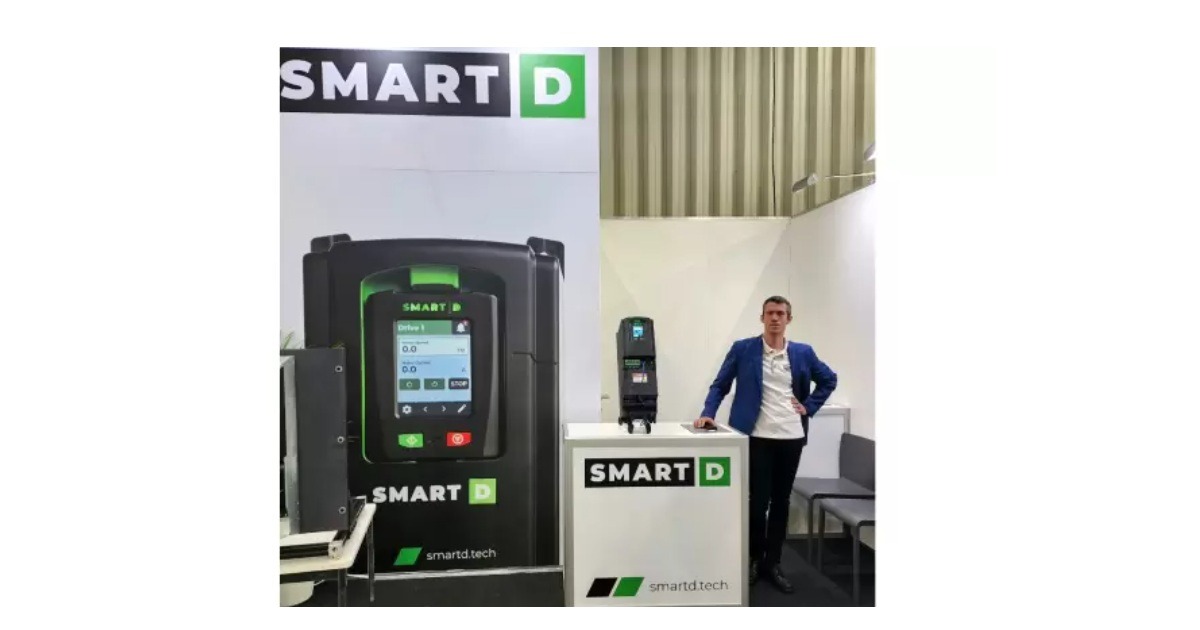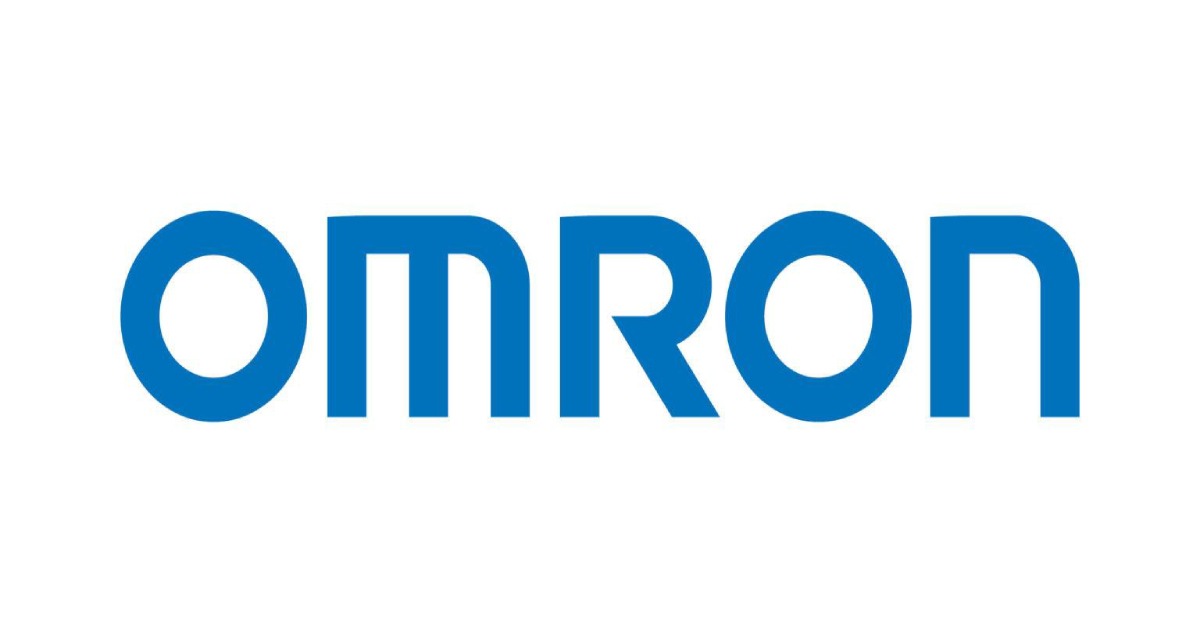“Building Canada’s Data Centres To Empower Our AI Future”

September 25, 2024
By Jim Kalogiros, VP, Secure Power Canada, Schneider Electric
Canada, we have an AI power complex. I mean this literally and figuratively. Allow me to explain.
On the one hand, we have been leading the world in AI innovation for more than 30 years. Specifically, we are the first country ever to launch a national AI strategy; the federal government has invested more than $2 billion in 2024 alone “to secure Canada’s AI advantage”; and the well-known Mila-Quebec Artificial Intelligence Institute stands out as the premier AI ecosystem of the discipline’s greatest minds.
On the other hand, however, we are struggling with delivering on the many pragmatic promises of AI due to acute scarcity of power needed to build and run AI-capable data centres. Canada is “highly regarded as a center of AI scholarship,” but we rank “just 23rd in the world” when it comes to AI infrastructure. Every AI stakeholder, including enterprises such as RBC that are models of AI innovation and digital transformation, is most likely rooting to turn Canada’s data centre aspirations into reality by addressing the nation’s strained and aging power infrastructure.
Quite frankly, I personally believe that Alberta’s well-intended drive to support data centre growth is not practical if the reality is, “Come to Alberta — but be prepared to build or bring your own power,” as Chris Varcoe of the Calgary Herald suggests.
Do we really want all the great work happening in AI to be stuck in the theoretical realm (or, say, the early 1950s when AI was born)? Of course not. In fact, a Microsoft report based on Accenture research indicates that “Generative AI (Gen AI) could add a whopping $180B annually to the Canadian economy in labour productivity gains by 2030 and save workers 125 hours per year, equivalent to a half-hour saved each workday.” Predictive analytics, based on machine learning, adds to AI’s immense, untapped value.
So, how can we empower Canada’s AI future? It’s a two-pronged answer:
We must open the doors to alternative power supplies in order to build more data centres
Earlier this year, the International Energy Agency (IEA) indicated that “global data centre electricity demand will more than double from 2022 to 2026, with AI playing a major role in that increase.” At the same time, the energy transition from carbon-emitting fuels to clean electricity is pressuring an already-strained Canadian grid. A Public Policy Forum report noted that “Canada must build more electricity generation in the next 25 years than it has over the last century in order to support a net-zero emissions economy by 2050.” Not to mention federal electric vehicle policies that also are driving up nationwide demand by up to 15.3 per cent.
How are we going to power new data centres — or existing ones — to meet these ambitious, and sometimes competing, goals for both AI maturity and carbon neutrality? Just getting approved for a data centre permit requires a supply of renewable energy and an understanding that your backup system could effectively turn your data centre into a power generation plant. Not every jurisdiction understandably is comfortable with that idea, but — to achieve an AI-forward future — the industry is beginning to turn this reluctance into positive action. Alberta, for instance, has emerged as a willing driver of AI-enabled data centres.
One stop of the path forward includes large battery storage systems powered by renewables, which can benefit the regional grid and local populations where data centres of the future are deployed. In addition to using stored excess capacity during times of increased demand for grid power, operators can collaborate with utilities by selling power back to the grid during these periods of heightened customer demand. Ways to power those batteries are still being sorted, such as green diesel and hydrogen. Given the tenuous and unstable grid capacity, Canada’s data centre industry will most likely have immense growing opportunities to support this demand.
Still, funding is where the rubber meets the road. One model that works is a power purchase agreement (PPA). Digital Realty, for example, is using the PPA model “to green its activities and support its sustainability goals.”
We must run data centres more efficiently to accommodate the increased demand of AI loads
Once data centre operators successfully arrive at our collective AI-driven future, what they do moving forward perhaps matters most. Managing grid power capacity includes energy management during operations. The growing need for more and more compute power is expected to raise data centre power demand by 160% by 2030. Data centres must run as efficiently as possible throughout their lifespan to meet this rising demand.
The biggest power draw of any data centre is critical cooling, which is essential for cooling off servers that run high-density AI loads. In the not-so-distant past, a “high density” load “generally meant anything between the low double-digits and up to 30kW.” As Schneider Electric™ has discovered, “some companies are now talking about operating at densities in the triple-figure kilowatt range.” Indeed, data centres are getting hotter.
Fortunately, innovations in cooling are keeping data centres ahead of the curve. Cooling is fast evolving from air to liquid cooling, which is a solution for AI clusters that exceed 20 kW/rack. Liquid cooling is far from having reached the “plateau of productivity,” but it is getting there. The best approach is working it into new designs. Retrofitting is tricky and a little risky, as indicated in the Schneider Electric white paper on AI disruption. But this innovative approach to cooling is a compelling solution.
Let’s join forces to assure Canada’s AI future
Will Canada’s data centre industry ever get to the desired AI future? Indeed, as the promise of our collective AI future is what we make of it now. By addressing the urgent power scarcity hurdle through partnership and collaborative innovation with stakeholders, we can ensure Canada continues to stand out as the global AI superpower it is meant to be.

